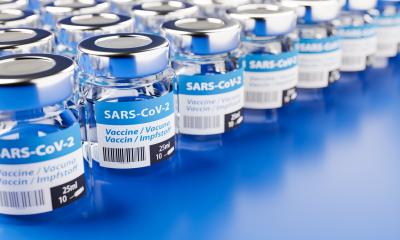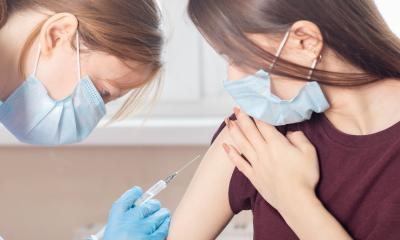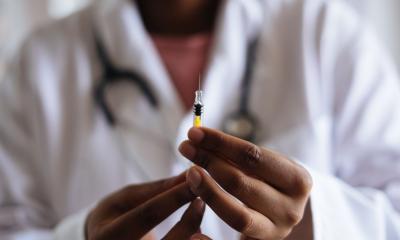Image source: Unsplash/Teslariu Mihai
News • Spotting viral differences
Finding a better way to search for Covid-19 drugs
Is there a better approach to Covid drug research? Research from the University of Kent, Goethe-University in Frankfurt am Main, and the Philipps-University in Marburg has provided crucial insights into the biological composition of SARS-CoV-2, the cause of Covid-19, revealing vital clues for the discovery of antiviral drugs.
Researchers compared SARS-CoV-2 and the closely related virus SARS-CoV, the cause of the 2002/03 SARS outbreak. Despite being 80% biologically identical, the viruses differ in crucial properties. SARS-CoV-2 is more contagious and less deadly, with a fatality rate of 2% compared to SARS-CoV’s 10%. Moreover, SARS-CoV-2 can be spread by asymptomatic individuals, whereas SARS-CoV was only transmitted by those who were already ill.
The research was now published in the journal Bioinformatics.
We have now a much better idea how the small differences between SARS-CoV and SARS-CoV-2 can have such a massive impact on the behaviour of these viruses and the diseases that they cause
Martin Michaelis
Most functions in cells are carried out by proteins; large molecules made up of amino acids. The amino acid sequence determines the function of a protein. Viruses encode proteins that reprogramme infected cells to produce more viruses. Despite the proteins of SARS-CoV-2 and SARS-CoV having largely the same amino acid sequences, the study identifies a small subset of amino acid sequence positions that differ between them and are responsible for the observed changes in the behaviour of both viruses.
Crucially, these dissimilarities between SARS-CoV-2 and SARS-CoV also result in different sensitivities to drugs for the treatment of Covid-19. This is vitally important, as many attempts to identify Covid-19 drugs are based on drug response data from other coronaviruses like SARS-CoV. However, the study findings show that the effectiveness of drugs against SARS-CoV or other coronaviruses does not indicate their effectiveness against SARS-CoV-2.
Martin Michaelis, Professor of Molecular Medicine at Kent’s School of Biosciences, said: ‘We have now a much better idea how the small differences between SARS-CoV and SARS-CoV-2 can have such a massive impact on the behaviour of these viruses and the diseases that they cause. Our data also show that we must be more careful with the experimental systems that are used for the discovery of drugs for Covid-19. Only research using SARS-CoV-2 produces reliable results.’
Professor Jindrich Cinatl, Goethe-University, said: ‘Since the Covid-19 pandemic started, I have been amazed that two so similar viruses can behave so differently. Now we start to understand this. This also includes a better idea of what we have to do to get better at finding drugs for Covid-19.’
Source: University of Kent
15.02.2021











